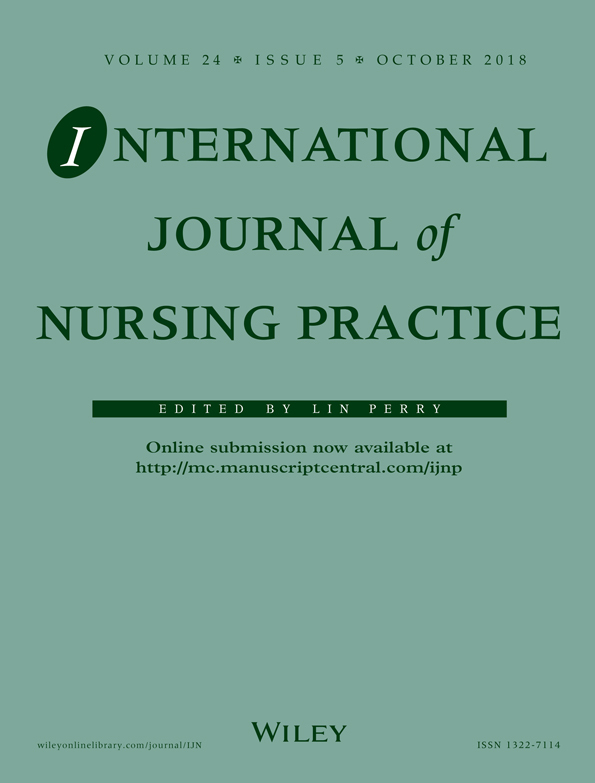Working experiences of nurses during the Middle East respiratory syndrome outbreak
Abstract
Aims
To explore working experiences of nurses during Middle East respiratory syndrome outbreak.
Background
Since the first case of Middle East respiratory syndrome was reported on May 20, 2015 in South Korea, 186 people, including health care workers, were infected, and 36 died.
Design
A qualitative descriptive study.
Methods
Seven focus groups and 3 individual in-depth interviews were conducted from August to December 2015. Content analysis was used.
Results
The following 4 major themes emerged: “experiencing burnout owing to the heavy workload,” “relying on personal protective equipment for safety,” “being busy with catching up with the new guidelines related to Middle East respiratory syndrome,” and “caring for suspected or infected patients with caution.” Participants experienced burnout because of the high volume of work and expressed safety concerns about being infected. Unclear and frequently changing guidelines were 1 of the common causes of confusion. Participants expressed that they need to be supported while caring for suspected or infected patients.
Conclusion
This study showed that creating a supportive and safe work environment is essential by ensuring adequate nurse staffing, supplying best-quality personal protective equipment, and improving communication to provide the quality of care during infection outbreak.
CONFLICT OF INTEREST
The authors declare no conflict of interest.




